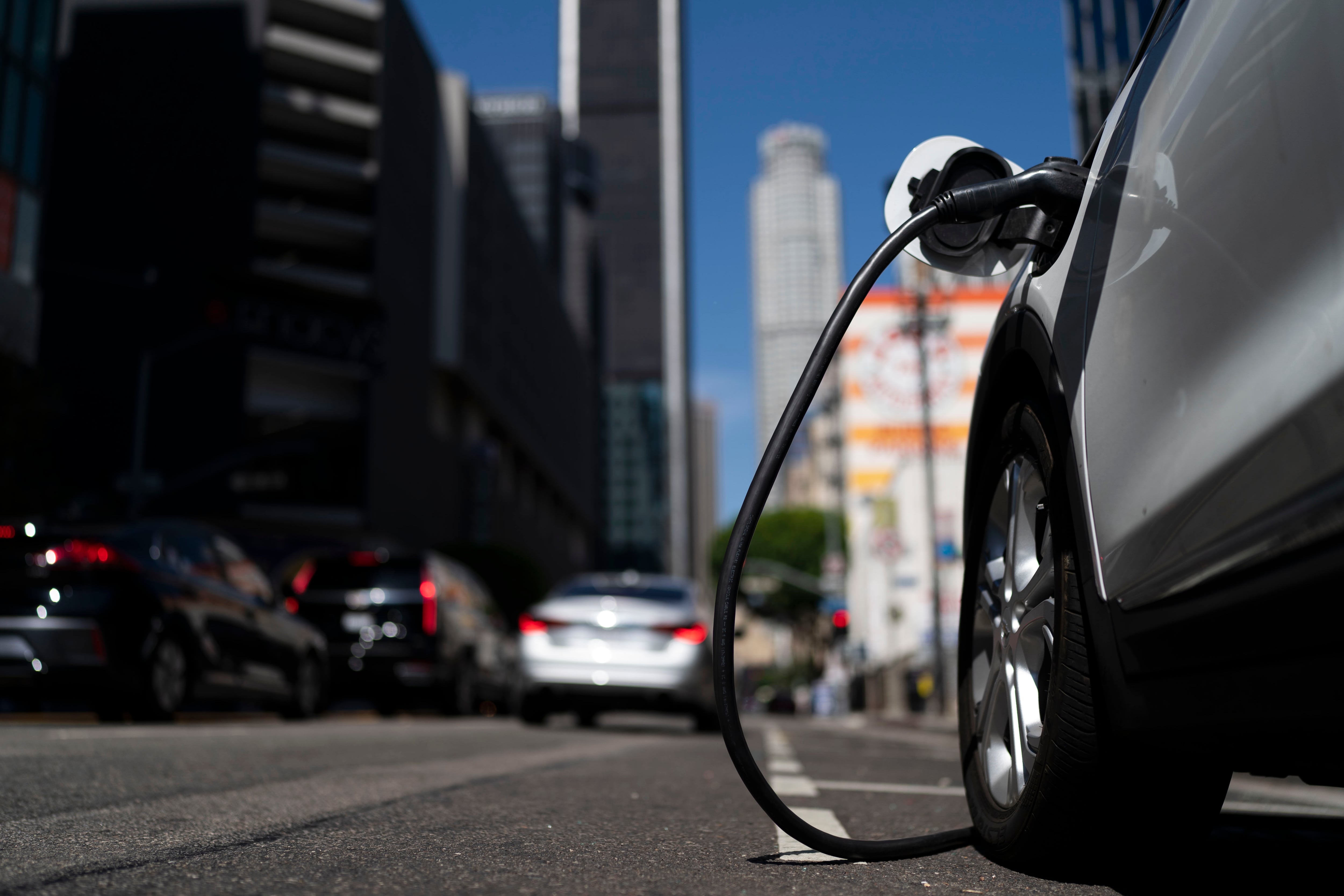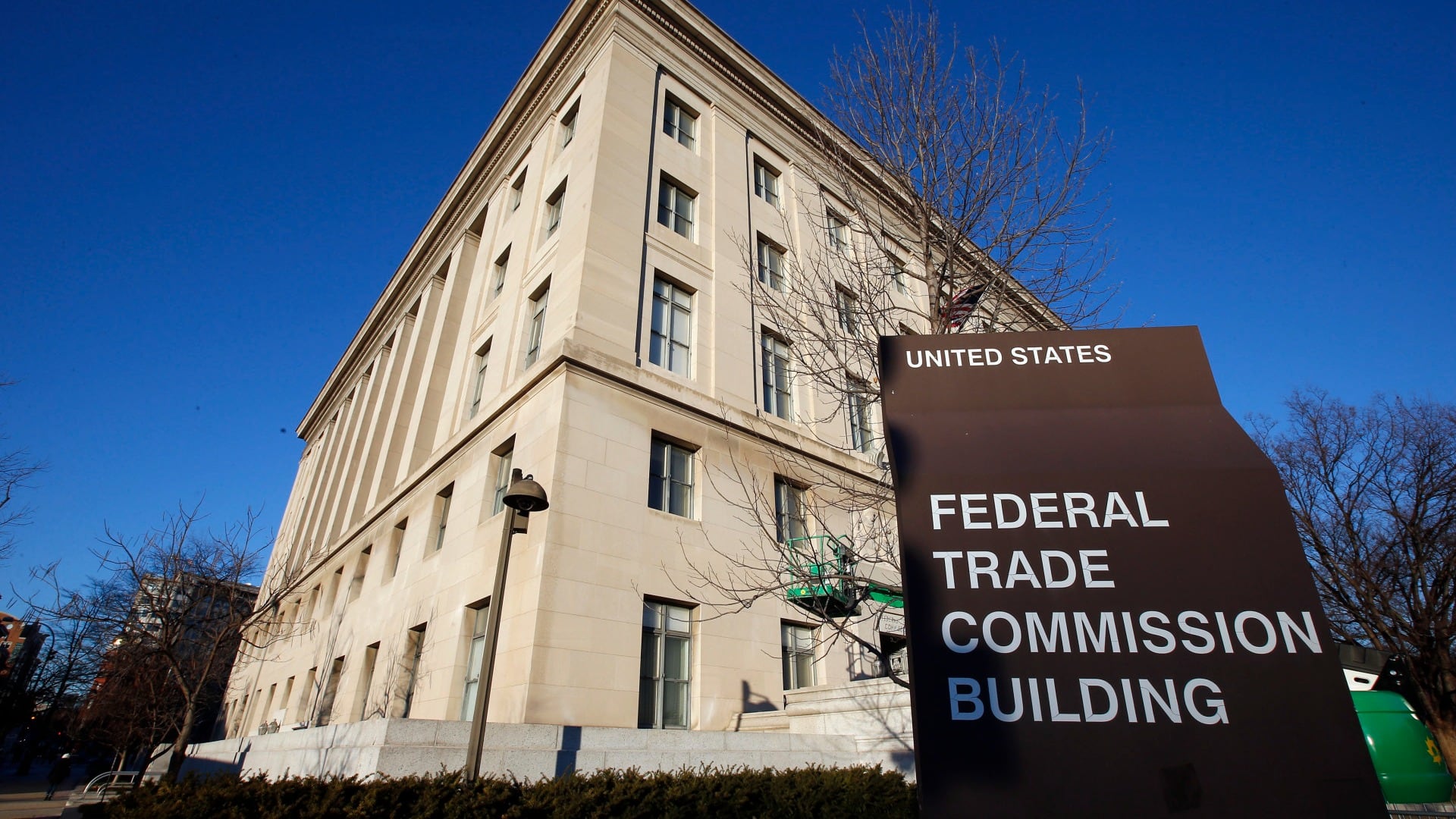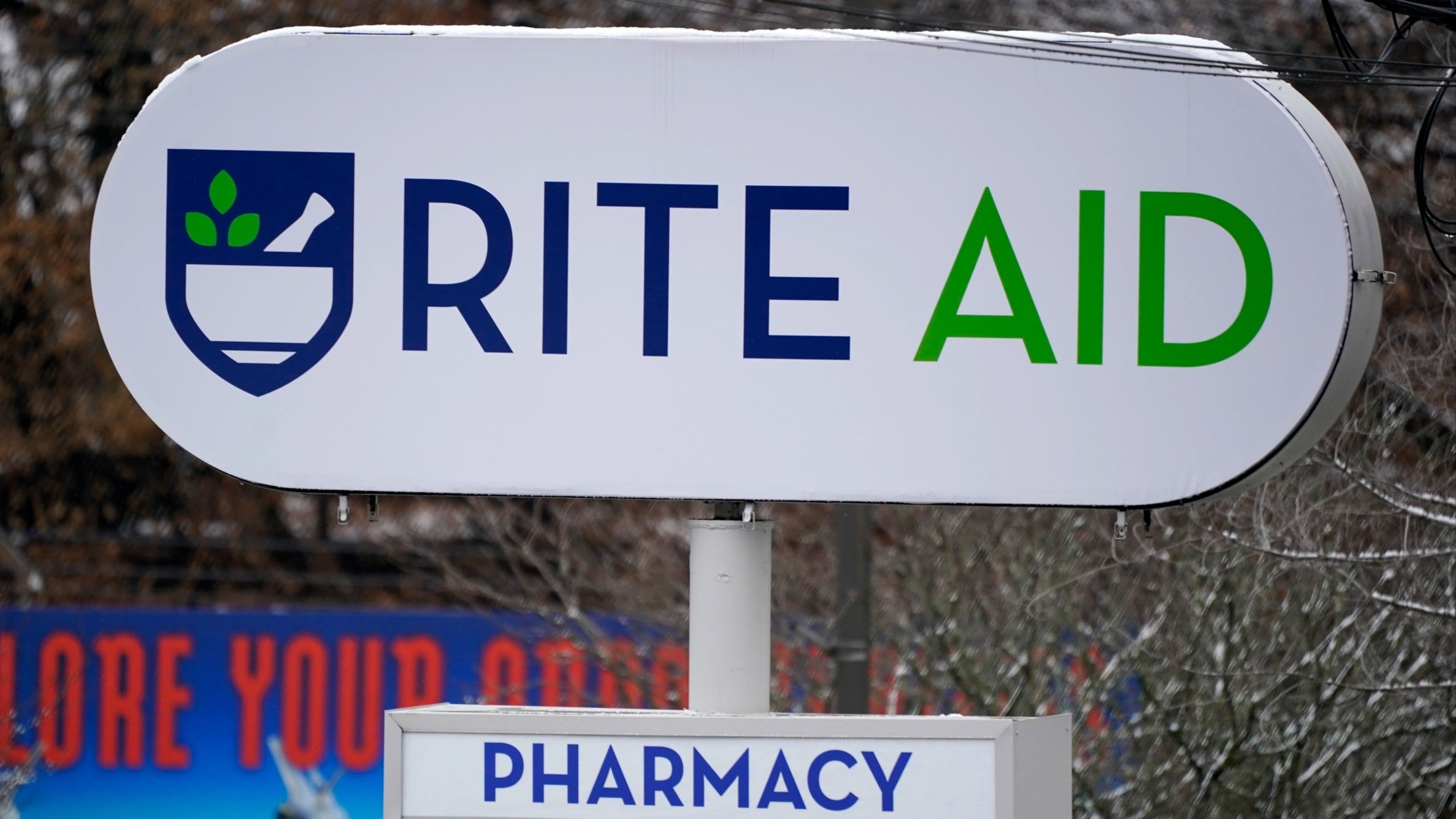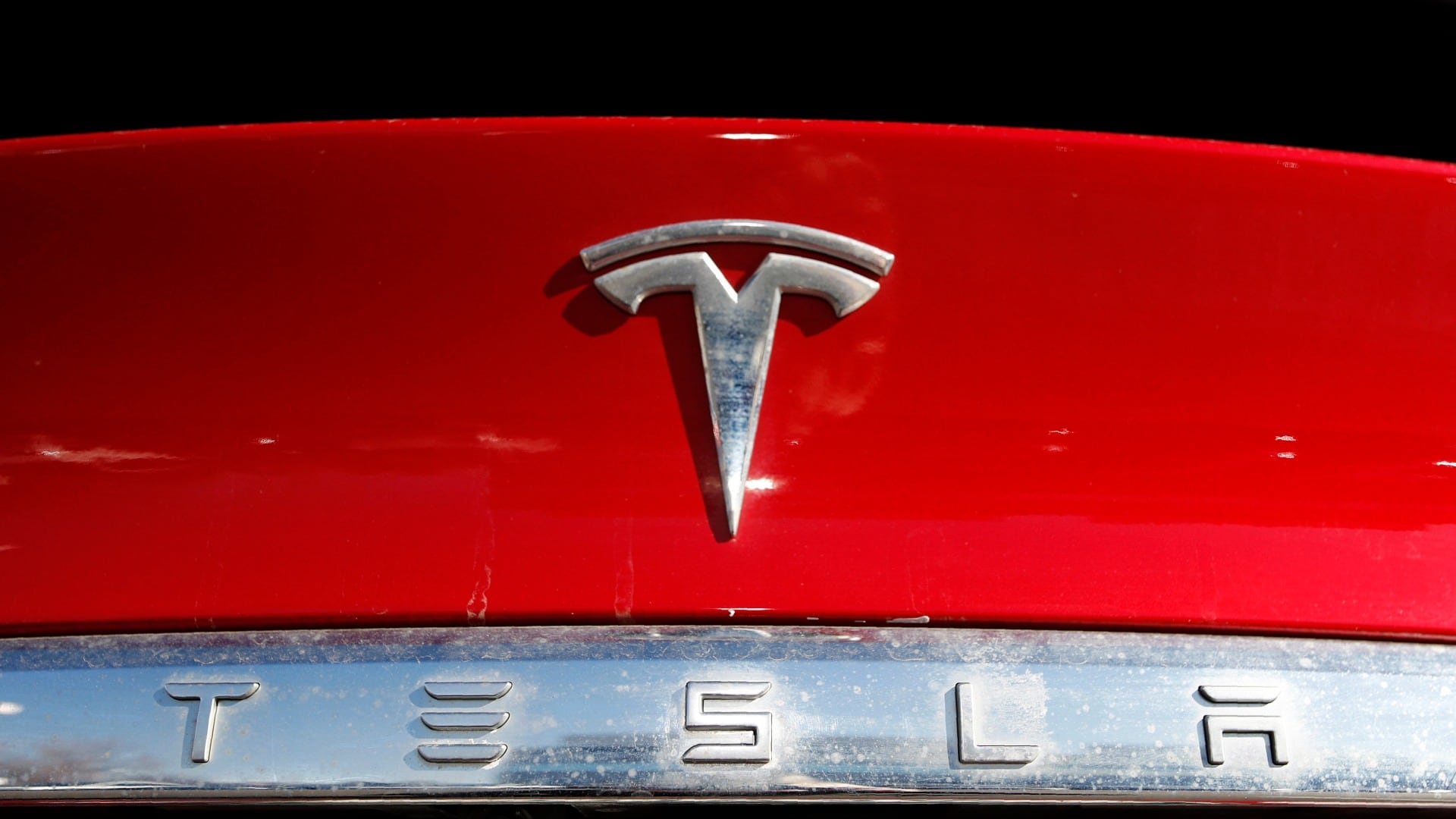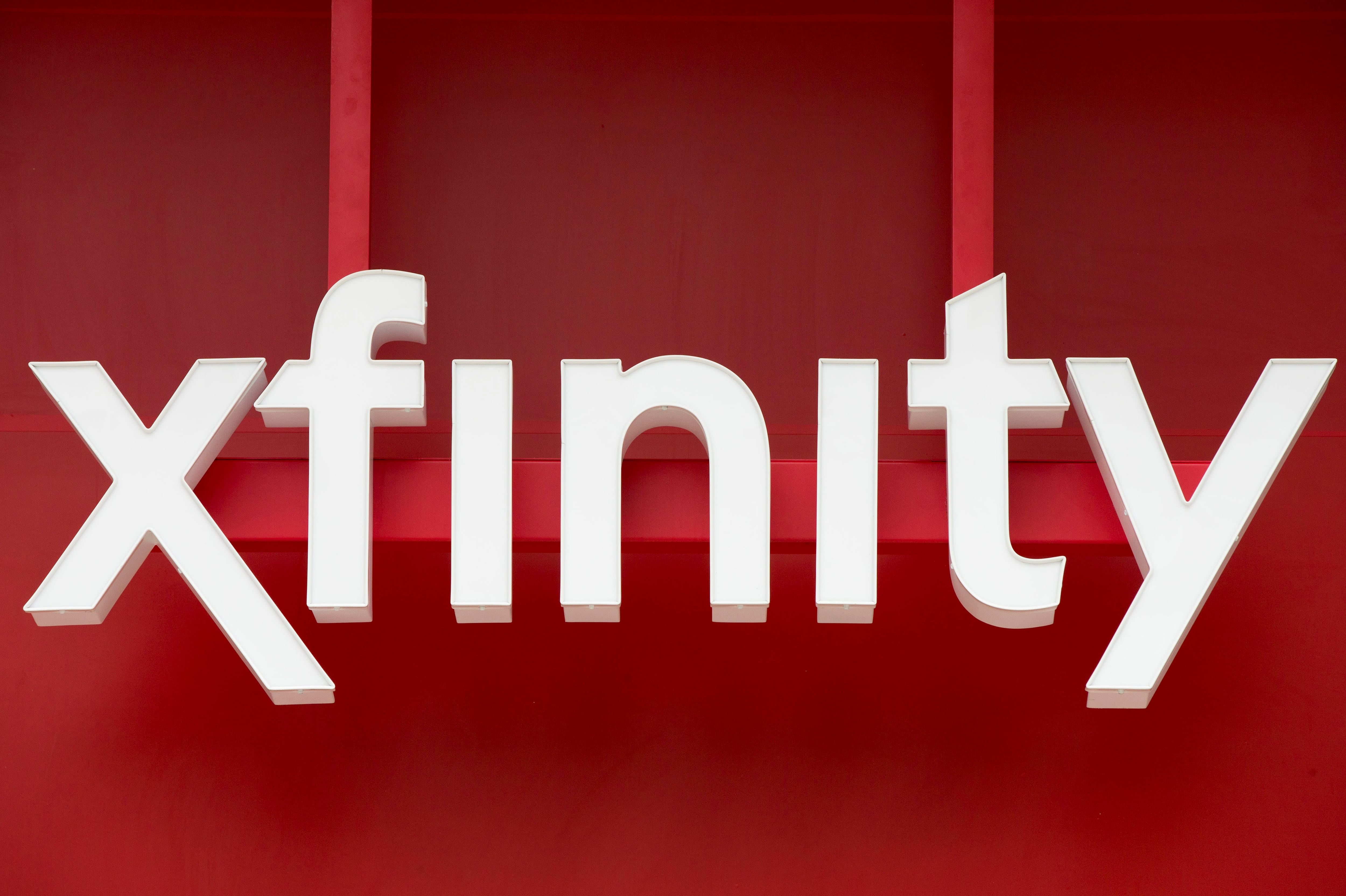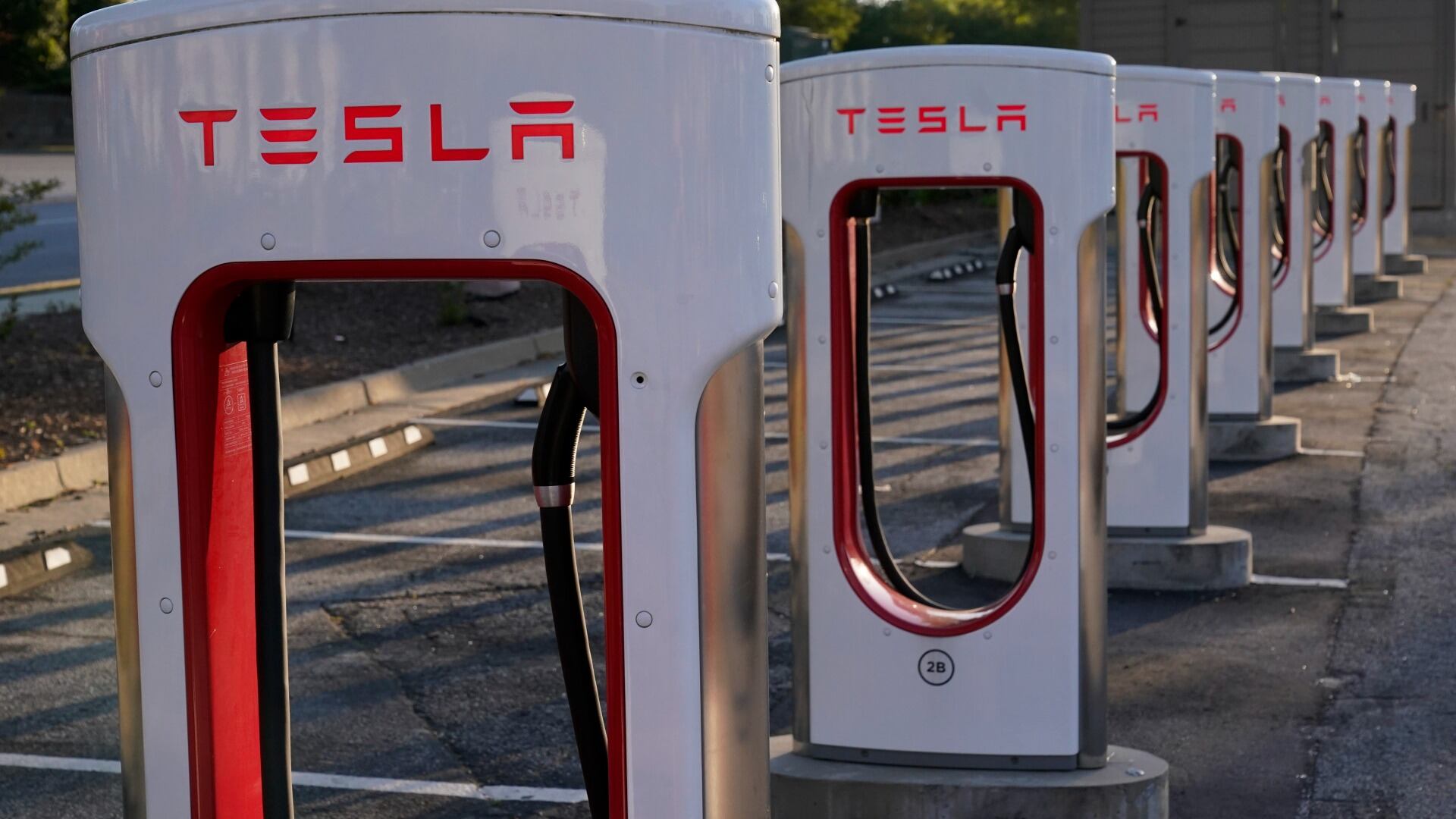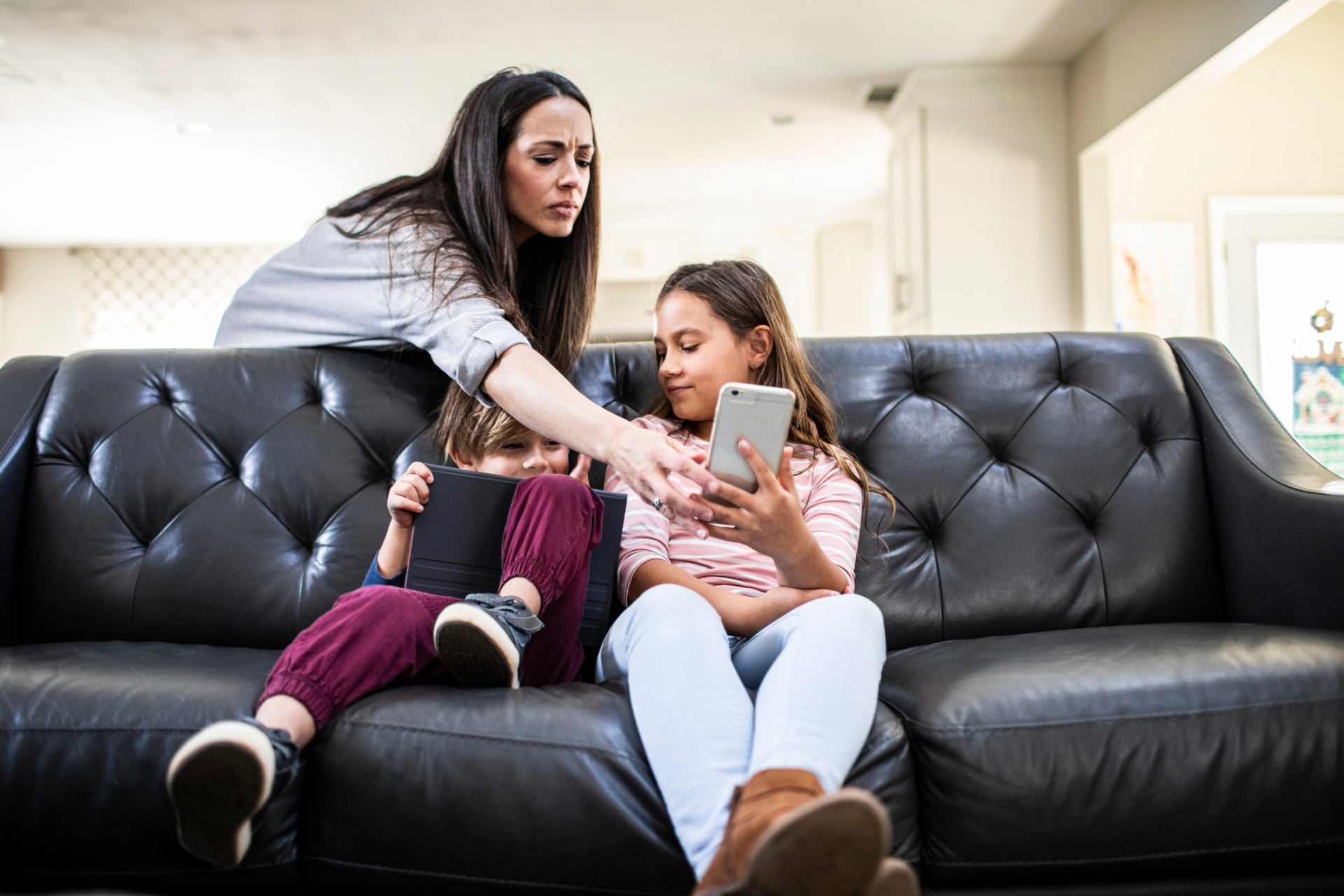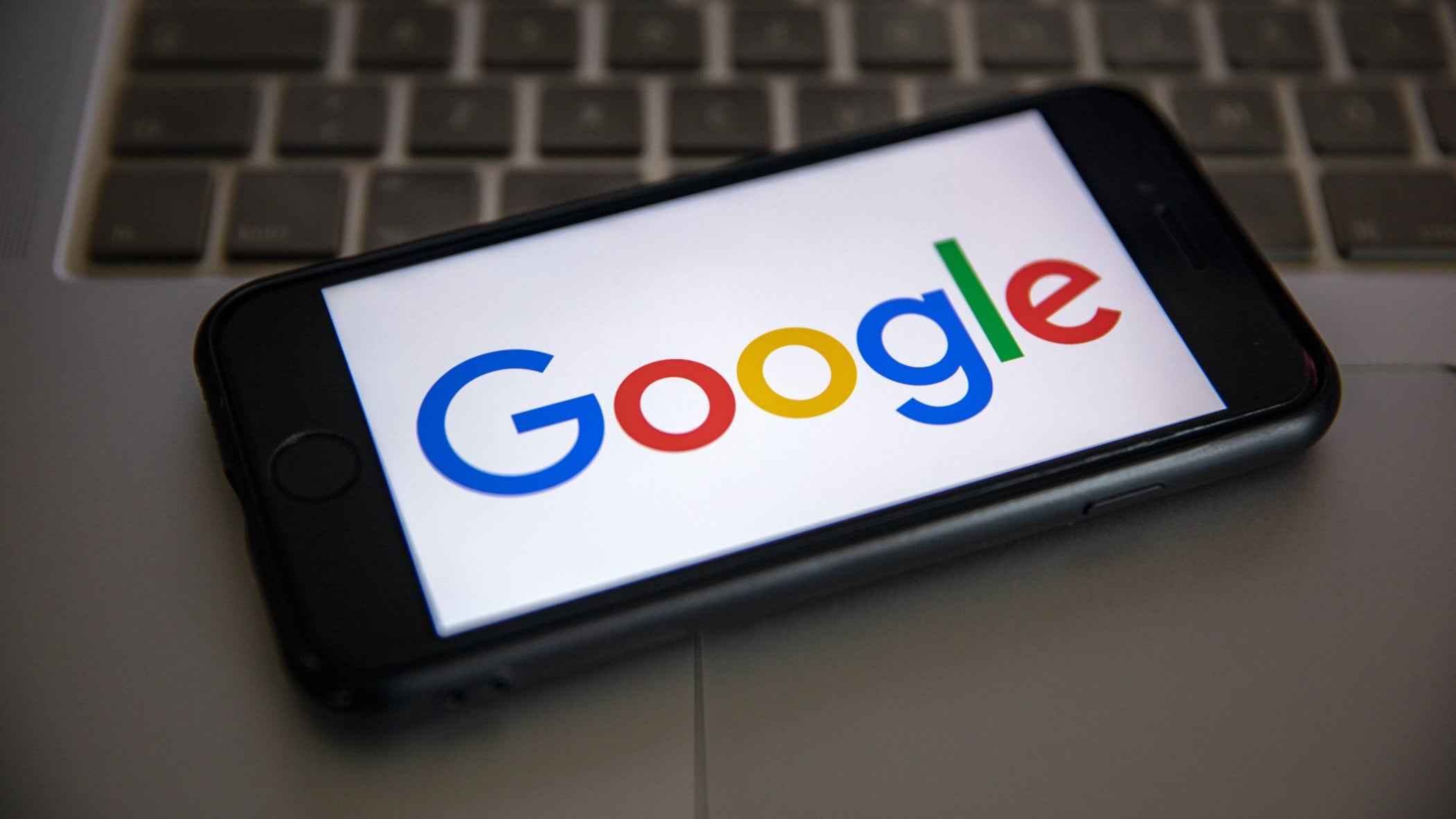Udacity recently announced it is accepting applications for a flying car nanodegree program. David Silver, Head of Self-Driving Cars at the company, explains how Udacity's programs are tackling the fierce competition for talent in this space.
"We have an entire school of autonomy that teaches students how to build self-driving cars, how to work on flying cars, how to work on robotics," says Silver.
Silver says about 5 percent of Udacity students come from China. Udacity is now partnering with Baidu to teach their open-source technology stack "Apollo" for self-driving cars. "What we are hoping to do is to teach students around the world to leverage open-source technology to leverage self-driving cars," says Silver.
The rollout of potential new electric vehicle goals in Maine has been pushed back by a year because of a recent storm.
The Federal Trade Commission is proposing stronger regulations for children's privacy online.
Hidden inside the foundation of popular artificial intelligence image-generators are thousands of images of child sexual abuse, according to a new report that urges companies to take action to address a harmful flaw in the technology they built.
Rite Aid has been banned from using facial recognition technology for five years over allegations that a surveillance system it used incorrectly identified potential shoplifters, especially Black, Latino, Asian or female shoppers.
Tesla drivers in the U.S. were in more accidents than drivers of any other car brand this year, according to a study.
Hackers accessed Xfinity customers’ personal information by exploiting a vulnerability in software used by the company, the Comcast-owned telecommunications business announced this week.
The White House is lending its support to an auto industry effort to standardize Tesla’s electric vehicle charging plugs for all EVs in the United States.
A group representing several big tech companies is suing Utah over state laws about children's social media use.
A new study published in the journal Behavior and Information Technology reveals less time on social media makes people happier and more efficient at work.
Google has agreed to pay $700 million to settle an anti-trust settlement.
